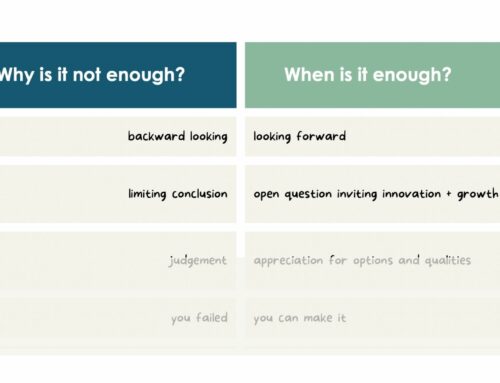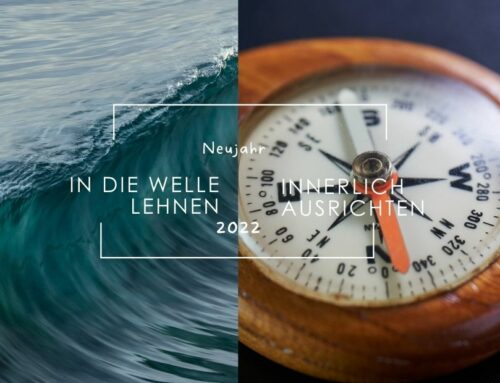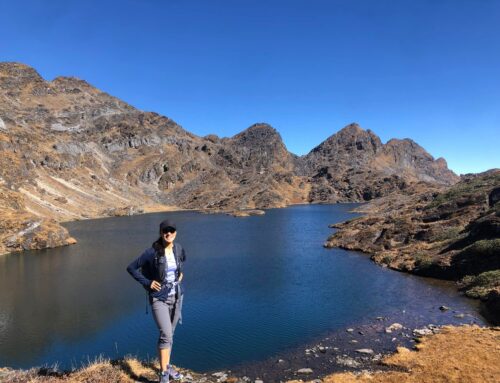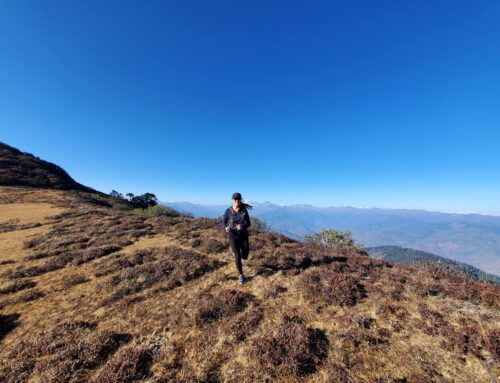What is this, the Happiness Index in Bhutan?
This post originally appeared as a travel report on the website of the non-profit organization Wisdom Together e.V., for which I accompanied a travel group in Bhutan in March 2020. After our return, we all stumbled from the first lockdown in Bhutan to the closure of all facilities in Germany. On the day of happiness on March 20, I am sharing this travelogue now here on my own blog:
Part 1 of a memory from another past
Bhutan, an emerging country with very simple living standards in the pincer situation between China and India, has been a kingdom with 700,000 inhabitants for a little over 100 years. The 4th King resigned in 2006 - not only to hand over the throne to his son, but to promote a democratization process in the constitutional monarchy that is important for political stability. As early as the 1970s he had created an amazing new vision that has been manifested in the constitution since 2008: a social model geared towards the common good, defining its own pace for development. The measure of growth is not the usual monetary key figures of globalized economies, but the happiness index, which is regularly measured in a detailed survey . During the 6 days we immersed ourselves deeply in everyday life in order to experience and understand the four pillars of this "Gross National Happiness Index" (abbreviated to GNH Index):
First pillar: Socially sustainable economic development
Immediately upon arrival, we are greeted by two cheerful employees from our tour operator. There are no tourists traveling through the country on their own. The mandatory visa fee per day includes all-round support: guided tour and entry to all tourist hotspots, transport, hotel accommodation, catering with 3 meals. We experience how much the people in Bhutan are committed to the tourists and their country: “High value, low impact” (for nature and culture of the country) is the motto. The hotels are modern and comfortable, the food is plentiful and tasty (with not quite as much chili as the locals put in their food). Tourism is a central economic engine and the second most important source of economic income in Bhutan. Choki, our tour guide, is passionate about sharing the culture and nature in the country. Kunzang, our bus driver, quiet and very concentrated, always brings us safely over the winding mountain passes on the two-lane "highway". In conversation with Choki, we learn that it is important for the people in Bhutan to use their time meaningfully for themselves and their community - without neglecting their personal needs. An important question in the census, with which the government measures the "happiness index" every 5 years, is the personal use of time: How much time is spent on work and personal income, for the family, for the community. Yes, also how many hours of sleep do you have. Punctuality and efficiency, the favorite virtues in German companies, are not desirable goals in Bhutan. What counts is what you are committed to at the moment and how you create added value for everyone. You give a lot of personal commitment to the wellbeing of the tourists - thus our tour group feels happy and enriched.
Second pillar: preservation of culture and spiritual traditions in a vital community
On the way to the city fortress of Punakha, we feel a very special excitement and thrill among the inhabitants of the city on our first morning. We see many people walking or crowded with the whole family in a car or minibus heading for the castle - a magnificent view in this river valley and one of the most popular photographic attractions in Bhutan. Everyone is festively dressed in their colorful, often self-woven local costumes. Temple festivals like the Tshechu in Punakha are social events for which people from the most remote valley and mountain settlements meet. With colorful costumes and expressive masks historically important conquests are recreated and myths and legends from Buddhist scriptures are translated into expressive dances. People meet with families and friends, have their picnic and sitting mats with them. They see each other, they share latest news, the children romp around or watch the dances with a shudder and astonishment. Young women are fooled by red-faced devils or proud warrior figures. In Bhutan the use of phallic symbols is very uncomplicated, especially in Punakha, where a fertility temple has been dedicated to the most sexually active, popular yogi of the Himalayas from the 15th century. We don't need anyone to explain the theoretical model of Tibetan Buddhism to us: We can feel how people integrate their spirituality into their everyday lives and with one another. The atmosphere is just as exuberant and noticeably valuable for social life as it is at wine festivals or music festivals in our home - in addition, there is the immeasurable blaze of colors and the decor of a deeply rooted, centuries-old tradition that is still very much alive - and not just celebrated for the tourists.
A trip to Bhutan needs to be carefully planned. Do you want to feed your dream for the time after the pandemic to travel to a country with a unique culture, joie de vivre, deeply rooted spirituality and breathtaking nature? You are invited to contact me, with the subject "Bhutan trip"!
Please read the 2nd part with 2 other very relevant pillars of the Happiness-Index in my next post tomorrow ...




